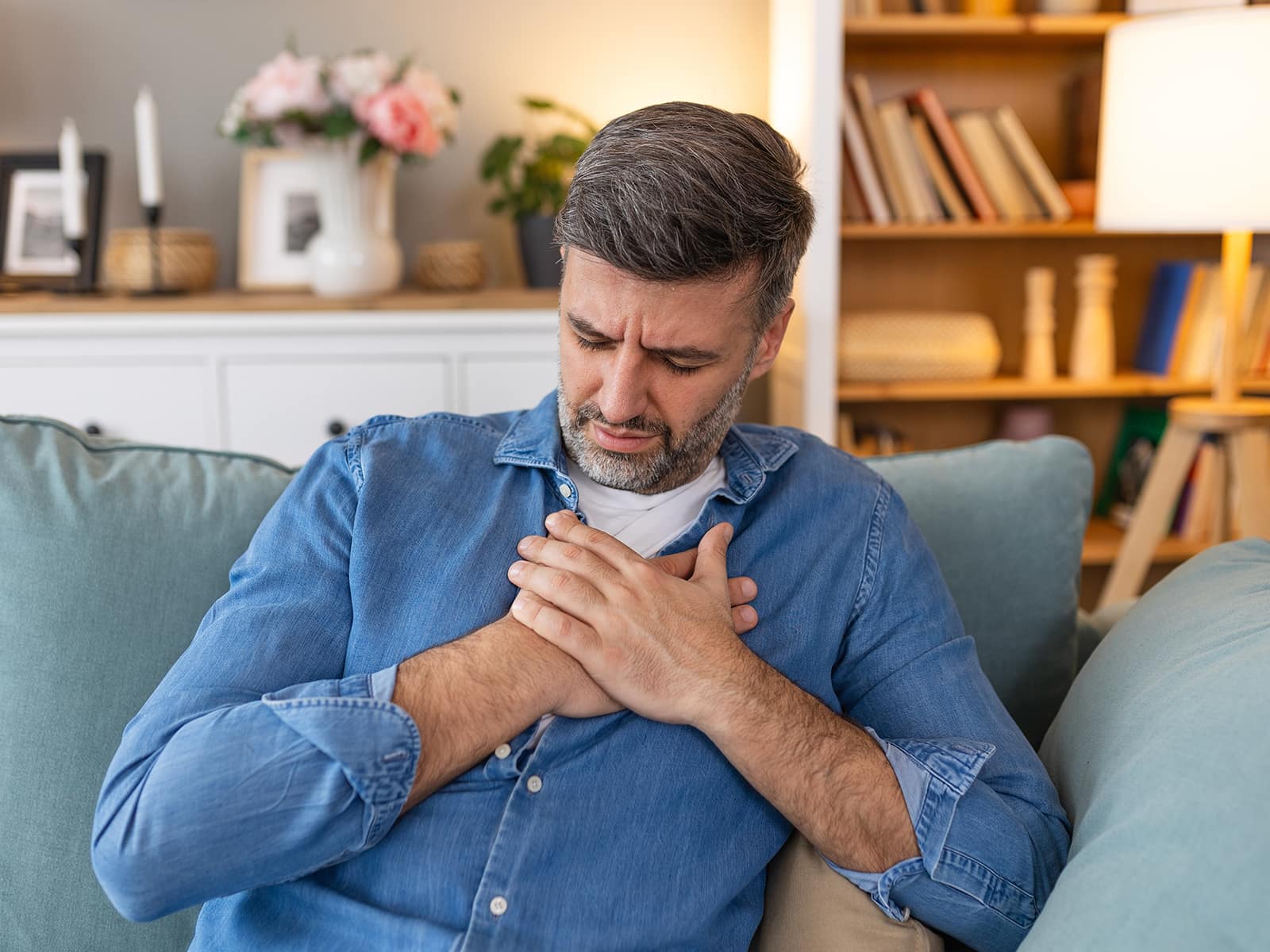
Crohn Disease can rarely lead to death when treated appropriately and when the patient follows the medical care instructions regularly. Most of the people successfully handle their symptoms and live a normal and productive life.
Although Crohn Disease can result in some complications, the advanced treatment and regular medical observation currently help to lessen the risk of the severe diseases and to improve the outcomes.
When detected early, subjected to regular reviews, and with proper therapy, the majority of Crohn disease sufferers live with near normal life expectancy.
The diagnosis is based on the laboratory test results, the blood samples, stool tests, and imaging scans (CT or MRI) as well as colonoscopy to establish the disease condition.
During the active phase, the stool is mostly watery, loose, and may include mucus or blood. Its appearance changes depending on the disease progress.
Yes. Some of the affected individuals have skin symptoms like redness, ulcers, or rashes. Look for “Crohn Disease skin rash: pictures” to view real visual examples.
Yes. Women can also be expected to experience augmented bloating during the period of the menstruation process together with cramping in center or cracks together with the joints. The hormone changes at times worsen gastrointestinal symptoms.
Crohn Disease can result into intestinal tract-aptite chouchete a la boule- digestive inflammations at any point, and can often extend into intestinal lining. The ulcerative colitis culture is not deep into the inner gastrointestinal tract of the colon, and it starts at the rectum.
For reliable images, consult your healthcare provider, or visit reputable medical websites and patient education resources that feature Crohn's Disease photos.
Although stress does not bring about the Crohn Disease, it may trigger or intensify its appearance. Practicing relaxation techniques, meditation, and stress management help in controlling symptoms.
GastroDoxs is a team based in Houston and is a specialty that deals with personalized therapy of Crohn by diagnosing and treating it. Erudite endoscopic therapy to the level of tailored medicine course, diet in specialized education, and stress relief methods can be entrusted to us. Concerns that went out-of-date No reason to wait - now make your reservation with our Crohn Esophagitis patients and begin to live with maximum comfort and better digestive health.
Ready to take control of your Crohn's Esophagitis symptoms? Consult our specialists in Cypress at GastroDoxs. Book an appointment today!
We've successfully treated more than 1K patients, helping individuals improve their digestive health and overall well-being through expert, personalized care.
With over 20 years of experience, GastroDoxs has been a trusted provider of gastroenterology care, focusing on delivering the best outcomes for patients
Symptoms are defined by early signs such as odynophagia (painful swallowing), chest pain, sore throat, or a feeling that food is stuck in the throat or chest. Chronic cough or persistent discomfort may also appear in the early phase.
It is not very common compared with intestinal Crohn’s disease; however, its occurrence can be seen in both adults and children with Crohn’s disease that extends beyond the intestines.
While eosinophilic esophagitis usually stems from allergic reactions to certain foods, Crohn’s Esophagitis results from immune-mediated inflammation related to Crohn’s disease and is often resistant to simple antacid therapy.
Yes. Persistent inflammation can cause ulcers or strictures (narrowed areas) in the esophagus, leading to chest pain or difficulty swallowing, which may mimic heartburn.
Diagnosis is typically made through endoscopic examination and biopsy of the esophagus. Imaging and lab studies may be used to rule out other causes of esophageal inflammation.
Treatment usually involves steroids, immunosuppressants, or biologics to control inflammation. In severe cases with ulcers or strictures, endoscopic therapy or surgery may be considered.
GastroDoxs in Houston specializes in Crohn’s Esophagitis, offering advanced diagnostic techniques, customized treatment plans, nutritional guidance, and stress management support to help restore digestive comfort.
Soft, low-acid, and low-residue foods are preferred to minimize irritation. The GastroDoxs team can help design a personalized meal plan to support healing and ensure balanced nutrition.
Genetic predisposition may increase the risk, especially in those with a family history of Crohn’s disease, but not everyone with a genetic link develops esophageal involvement.
If you experience persistent swallowing pain, chest discomfort, or heartburn that does not improve with standard therapy, it’s time to consult the Crohn’s Esophagitis specialists at GastroDoxs for expert evaluation and care.